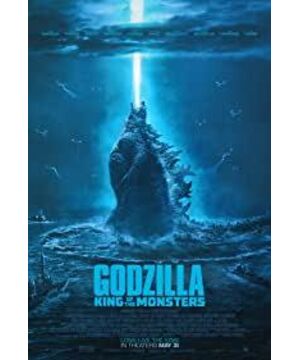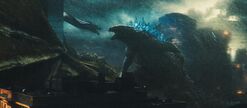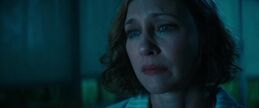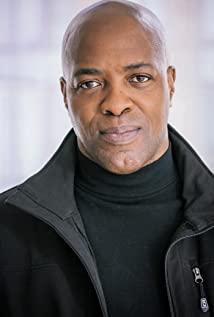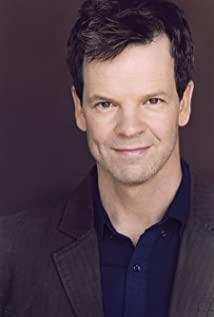The reason why movies, or even series of movies, as a kind of secular myth, can be continuously stated, and even gradually evolved into a kind of popular culture, all originates from the expression of a collective unconscious.
In 1954, the first Godzilla movie came out, and the background of the film was set: the monster appeared shortly after World War II due to the test explosion of a hydrogen bomb. In the film, Godzilla broke through the high-voltage electricity and the defense force's attack and landed in Tokyo, interrupting the TV antenna tower, destroying the building and the National Assembly Hall, and spewing white-hot light from his mouth, turning the urban area into a sea of fire. Technology and the military have failed. At the end of the film, the fearful scientist said, I don't think that Godzilla will be the last. If the hydrogen bomb test continues, the Godzilla's like may appear somewhere in the world... The film depicts the Japanese people's fear of world war and atomic weapons after the war as having destructive power, overwhelming modern technology, Unpredictable and understandable, distorted deep sea behemoth, a destroyer, avenger. People's nightmares have come true.
In the 1960s, perhaps based on the revival of Japan's economy, the confidence and business needs brought about by a stable social environment, or the dispersal of the shadow of war, the narrator and spiritual core of Godzilla changed. In the tenth anniversary commemorative work "Three Monsters: The Biggest Battle on Earth", Godzilla appeared in the story of communicating with alien monsters through body language and voice, and for the first time appeared in order to protect the earth (human beings) and stand up against the villain monsters. set up. The anthropomorphic Godzilla befriends the animal-like humans. In 1966, with the popularity of television, the Ultraman series first came out. This gigantic, humanoid, righteous hero figure, in place of Godzilla, has rightfully assumed the role of protector of Earth—a mechanical seance from a distant galaxy who inexplicably protects the Earth, a symbolic deified The omnipresent guardian, the god.
If we were still frightened by weird and terrifying monsters from time to time when we watched Ultraman as children, in today's monster texts, this sense of fear has completely disappeared. Just like the usual tactic of American mainstream culture, the contradiction is resolved by replacing the spiritual core of the text, and "Godzilla 2" is no exception. The adaptation of the film naturally avoided the original post-war version, and chose the anthropomorphic version of the second stage, which regarded Godzilla and the rest of the monsters as "social animals like wolf dogs", so as to treat Godzilla and other monsters as "social animals like wolf dogs". It is firmly integrated into the scope of human rational cognition. The escape of monsters under the control of human technology is entirely an accident caused by a few extremists. The fear of modern technology and weapons of war contained in it has also been reduced by mainstream discourse to the contradiction between human and natural creatures in today's social context, which has become an environmental protection issue. People's figurative fear of giant monsters, unnatural things, has also translated into anger at individual fictional British villains and even "lost mothers." The film eventually became a visual spectacle in the context of cultural consumption, where people just sat in the comfort of the theater and watched non-threatening, even a little silly little monsters wrestle and fight without pain or itching.
View more about Godzilla: King of the Monsters reviews


